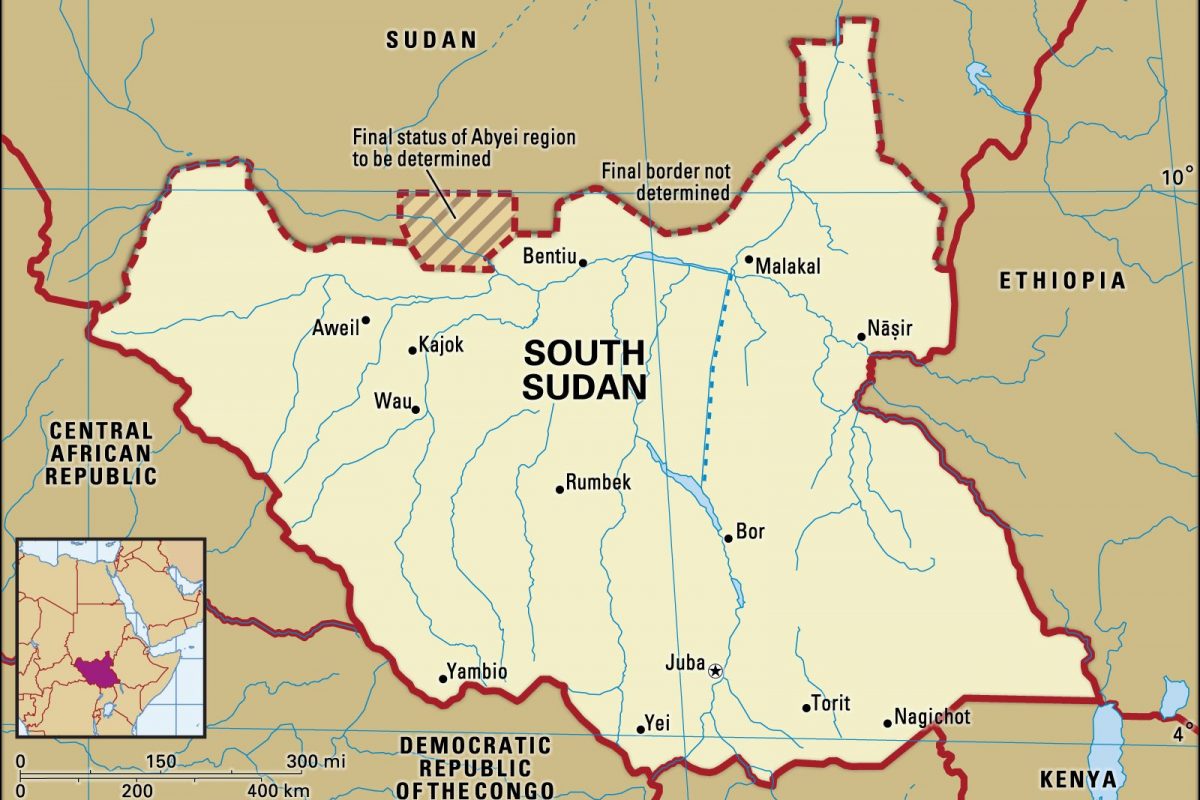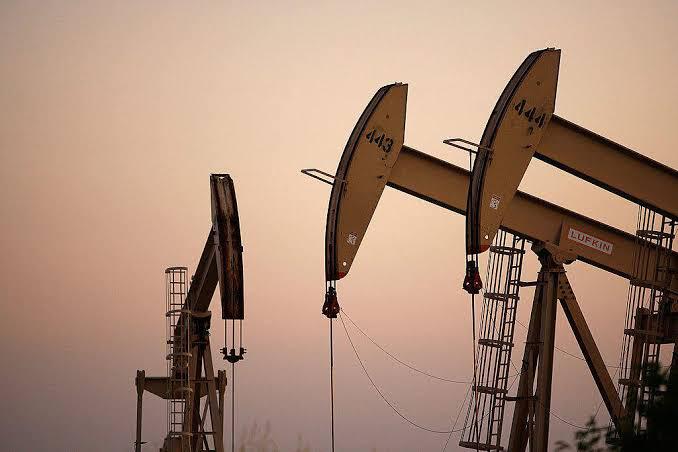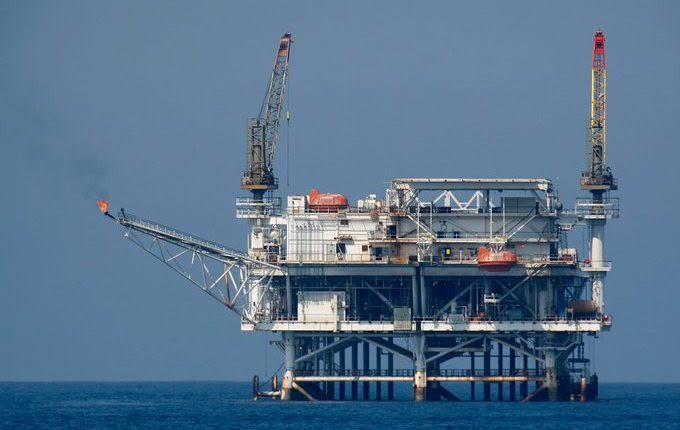In a statement by the Ministry of Energy and Minerals Sudan dated 28th September 2020, Sudan and South Sudan have agreed to a draft deal to develop oil cooperation which includes the resumption of production from major oil fields.
Both countries heavily rely on revenues made from oil to stabilise their economies. The impact of coronavirus on the global oil and gas market has caused challenges to their respective oil sectors and economies at large. South Sudan relies on Sudan to export its crude in a pipeline via Khartoum, the capital of Sudan, to the Red Sea.
Under the signed agreement, production at the Unity and Toma South fields will be prioritised, with 15,000 barrels of oil per day from Block 5A expected to come online soon. Sudan will also provide technical supports for Blocks 3 and 7 in South Sudan.
The agreements also include the transfer of crude from South Sudan to Sudan for domestic use as Sudan is a consumer of the crude from its southern neighbour.
The crude is processed at Khartoum refinery and is also used at Um-Dabakir thermal power plant in Kosti, Sudan. About 30,000 barrels of oil per day of crude from South Sudan is used by Sudan.
According to estimates by S&P Global Platts, around 10,000 barrels of oil per day goes to the 120,000 barrels per day capacity refinery in Khartoum while the rest goes to the Kosti power plant.
South Sudan’s production of crude is said to have averaged 150,000 barrels per day in 2020. The OPEC+ coalition member had committed to the historic cut deal that began in May to cushion the impact of COVID-19 on the global oil and gas market and aid the recovery and stability of the market. South Sudan cut output to 100,000 barrels per day for May, June and July and from August, it committed to producing 106,000 barrels per day from its reference level of 130,000 barrels per day.
Under the deal, South Sudan also agreed to open a stated coordination office for Sudan in Juba to aid oil companies and provide the necessary facilities for the flow of oil equipment to enhance production.
South Sudan pay four tariffs/fees for every barrel of oil produced; a transportation fee, a processing fee, a transit fee and the non-commercial tariff. All of these are part of a Transitional Financial Agreement (TFA).
Under the provisions of the TFA, South Sudan pays a tariff $24.1/b for Dar Blend and $26/b for Nile Blend. The bulk of this (around $15/b) covers the debt repayment shared by both nations and the remaining covers transportation of crude to the largest port in Sudan, Port Sudan, which makes the current production unprofitable.
In July, Daniel Chuang, the undersecretary of the Ministry of Petroleum in South Sudan, said the country hopes to complete payments to Sudan under the TFA by 2021.



